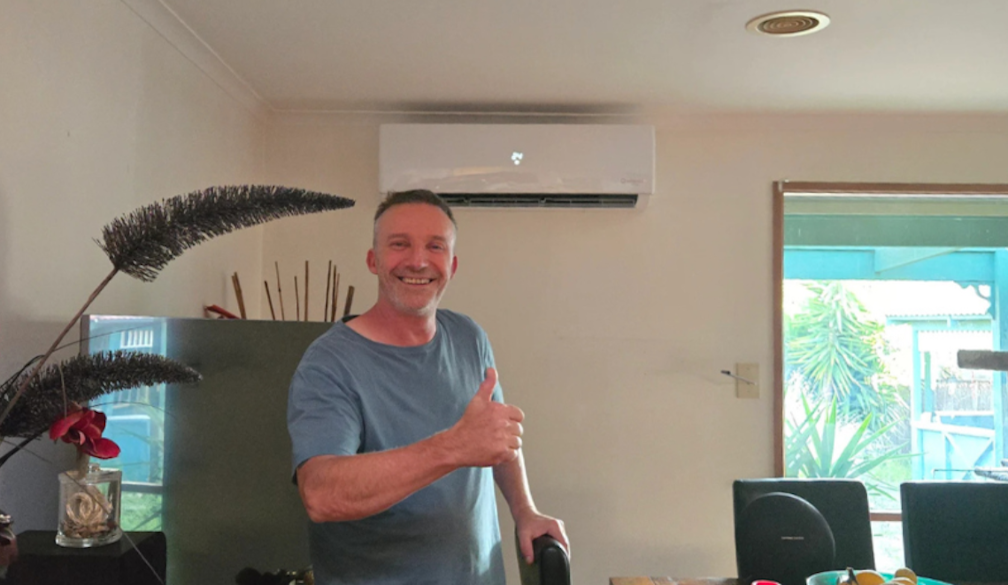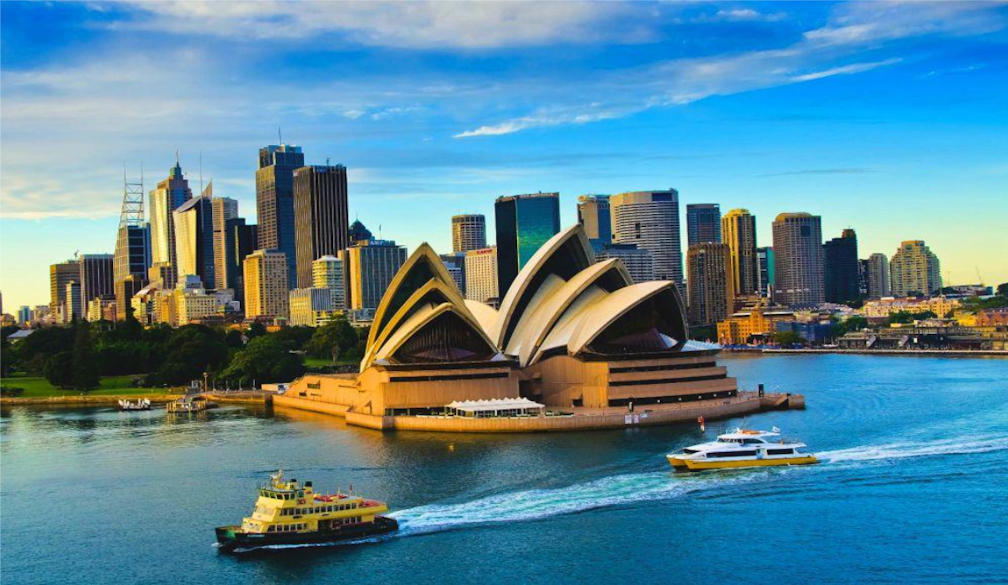At an event entitled "Ocean Acidification: A Crisis in the making", hosted by Back to Blue in Tokyo, Japan, on February 2rd, chairman of The Nippon Foundation Yohei Sasakawa, and chairman of The Economist Group Lord Deighton made opening remarks, inviting urgent action to tackle ocean acidification.
Peter Thomson, UN Special Envoy for Oceans, said, "In light of the biodiversity framework adopted at the end of last year, ocean acidification is an urgent issue. Today's event is very significant. This year, the G7 meeting will be held in Japan, a maritime nation. I hope that Japan will show leadership in this regard." Panellists included Steve Widdicombe, Scientific Director of Plymouth Marine Laboratory, a world authority on marine ecology, and Japanese fisheries researchers.
Back to Blue released its Ocean Acidification programme in December 2022. The publication focuses on the need to address ocean acidification and is based on insights and research provided by some of the world's leading ocean scientists. The publication highlights how time is rapidly running out to avoid the worst effects of ocean acidification and the worst impacts of ocean acidification on marine life, livelihoods, and economies.
Ocean acidification occurs when seawater absorbs CO2 generated by human activities such as burning fossil fuels. More than a quarter of the CO2 emitted by humans into the atmosphere has been absorbed by the oceans each year, but CO2 emissions are now increasing so rapidly that the oceans are no longer able to absorb it. As a result, the chemistry of the ocean is changing, acidity is increasing, and the ability of many marine organisms to protect themselves, grow, and reproduce is weakening.
The publication highlights that if we continue on our current high-emissions trajectory, many marine organisms, including molluscs, pteropods ("sea butterflies") and warm-water corals, will be at very high risk from acidification as early as 2050. The adverse impacts from the decline of such organisms on ocean biodiversity and marine food chains are likely to be severe.
Steve Widdicombe, scientific director of Plymouth Marine Laboratory and coordinator of the Ocean Acidification Research for Sustainability (OARS) program, said, "Ocean acidification, warming, and deoxygenation are interacting to create the perfect storm of environmental problems."
The publication also brings to light some of the potential economic impacts of ocean acidification, which are yet to be widely studied. If unaddressed, ocean acidification will put coastal economies and the aquaculture, tourism and other jobs that rely on them at grave risk. Past projections of economic losses from depleted shellfish production alone range from $75m in the United States to over $1bn in Europe. In many parts of the Global South, where fisheries and aquaculture contribute tens of billions to local economies and employ millions, the impacts of acidification on livelihoods will be felt extremely keenly.
Charles Goddard, editorial director at Economist Impact says, "We have enough knowledge to develop effective means to mitigate and adapt to the effects of acidification. Development of ocean resilience is a challenge that cannot wait. It will be costly, but we believe it must be weighed against the benefits of avoiding future damage."
Yohei Sasakawa, chairman of The Nippon Foundation says, "The continuing impact of ocean acidification on seagrass beds, coral reefs, and marine life means that we are treating the ocean, which provides more than half of the oxygen we breathe and is one of our most valuable defenses in the fight against climate change, in an economically and ecologically devastating manner. It is time to make ocean acidification a top priority so that we can more proactively develop a scientific understanding of its impacts and promote necessary response and adaptation measures globally before it is too late."
You can find the publication on backtoblueinitiative.com
The global premiere of a short documentary on ocean acidification "The threat bubbling up", created by Economist Films, was also held at the event.
The issuer is solely responsible for the content of this announcement.
About Back to Blue
" Back to Blue" is an initiative of Economist Impact and The Nippon Foundation. The initiative's goal is to focus efforts on evidence-based approaches and solutions to man-made issues that pose major threats to ocean health.
While governments and policymakers have begun efforts towards restoring biodiversity and regenerating ocean health, there remains an ostensible knowledge gap on plastic and chemical pollution.
Recognising the need to stimulate fresh dialogue and solutions to pressing ocean issues, this multi-year initiative brings together both organisations' unique capabilities in ocean research and programme-building to build a powerful platform which will accelerate momentum in improving ocean health. In 2021, the Plastic Management Index published under Back to Blue addressed the issue of marine plastic pollution. In 2022 the focus is on the less visible pollution from chemical contaminants that are damaging ocean life and ecosystems and in the long term, human health."
About Economist Impact
Economist Impact combines the rigour of a think-tank with the creativity of a media brand to engage a globally influential audience. We believe that evidence-based insights can open debate, broaden perspectives and catalyse progress. The services offered by Economist Impact previously existed within The Economist Group as separate entities, including EIU Thought Leadership, EIU Public Policy, EIU Health Policy, Economist Events, EBrandConnect and SignalNoise.
We are building on a 75-year track record of analysis across 205 countries. Along with framework design, benchmarking, economic and social impact analysis, forecasting and scenario modelling, we provide creative storytelling, events expertise, design-thinking solutions and market-leading media products, making Economist Impact uniquely positioned to deliver measurable outcomes to our clients.
About The Nippon Foundation
Established in 1962, The Nippon Foundation is Japan's largest philanthropic foundation, providing support to public-service activities in a variety of fields across national borders. In ocean affairs, the Foundation aims to cultivate human resources who will chart a course for the ocean's future and to pass on the ocean's riches to future generations. Other primary areas of activity include support for children, persons with disabilities, disaster relief, and international cooperation, with the ultimate goal of achieving a society where all people support one another.



















